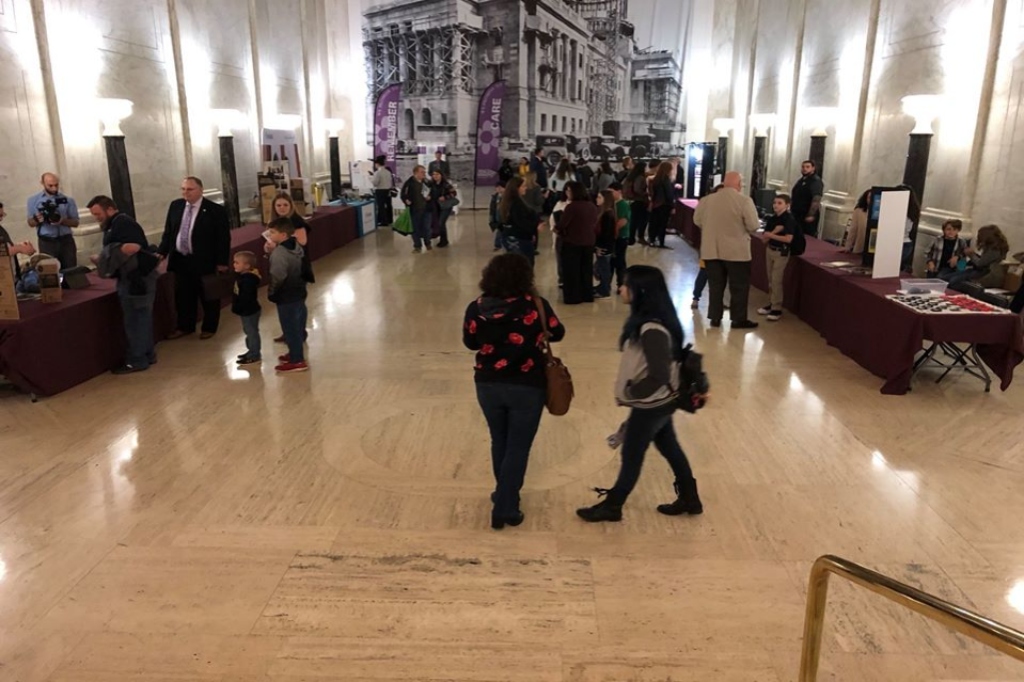
Put your best foot forward! Since we are in a business setting, it is advantageous to dress in business-like attire. This is a great opportunity to teach your children about voice level and professional manners. When you meet with your representatives, it’s a good idea to plan in advance a few specific, positive statements about homeschooling. It is likely that you will know more than your legislator about how homeschooling works. He/she may ask some of the typical questions about homeschooling. Be prepared to respectfully answer these questions with facts and experience.
Your representative may not agree with the educational choice you have made for your children – but remember the goal is to make a positive impression, not necessarily to change their opinion. Politeness and respect for him and his opinions will help encourage him to listen to you and your opinions. Often, legislators will ask kids questions about how he or she likes homeschooling, or what he likes about homeschooling. You may want to practice possible scenarios at home to help your children know what to expect.
2024 Schedule of Events
Note: Because this is a Capitol event, schedule changes could be required. Please check current schedule at sign-in.
A week or more before the event, you may want to contact your senator/delegate and make an appointment to meet together.
- 9:00 – 10:00 Sign in, receive information packets, set up homeschool-related displays
- 9:30 Capitol tours begin (Optional; sign up in advance. Space and times are limited.)
- 11:00 Legislative Sessions begin
- Lunch on your own
- 12:00 Homeschool Rally in Upper Rotunda outside of House of Delegates
- 3:00 Displays may be removed
Current Capitol Security Policy – FAQs
How do we enter the West Virginia State Capitol?
Where will these access points be located?
What is the process for entering through an access point?
Who must pass through an access point to enter the State Capitol?
Why are the entry points limited?
What will happen to the other entrances to the Capitol?
What constitutes a prohibited item?
Items are prohibited if it appears they pose a risk to people or property. Prohibited items include dangerous weapons as defined by §61-7-2 of the W.Va. State Code. This definition includes:
- Blackjack or billy club-style weapon;
- Various categories of knives;
- Brass knuckle-type devices;
- Firearms;
- Drugs and controlled substances.
The definition is available online here. Other prohibited items include such defensive weapons as mace and pepper spray.

